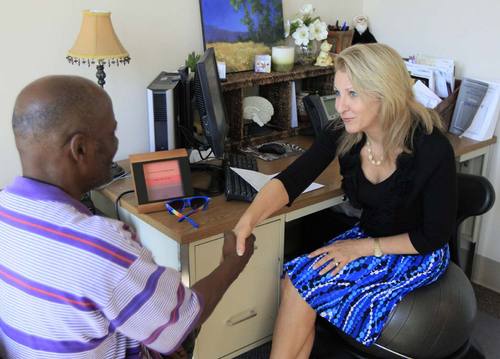
These last few days have been filled with contradictions.
My friend, Elyn Saks, the author of The Center Cannot Hold: My Journey Through Madness, has done us a huge favor by publishing an excellent article in The New York Times.
THIRTY years ago, I was given a diagnosis of schizophrenia. My prognosis was “grave”: I would never live independently, hold a job, find a loving partner, get married. My home would be a board-and-care facility, my days spent watching TV in a day room with other people debilitated by mental illness. I would work at menial jobs when my symptoms were quiet. Following my last psychiatric hospitalization at the age of 28, I was encouraged by a doctor to work as a cashier making change. If I could handle that, I was told, we would reassess my ability to hold a more demanding position, perhaps even something full-time.
Then I made a decision. I would write the narrative of my life. Today I am a chaired professor at the University of Southern California Gould School of Law. I have an adjunct appointment in the department of psychiatry at the medical school of the University of California, San Diego, and am on the faculty of the New Center for Psychoanalysis. The MacArthur Foundation gave me a genius grant.







